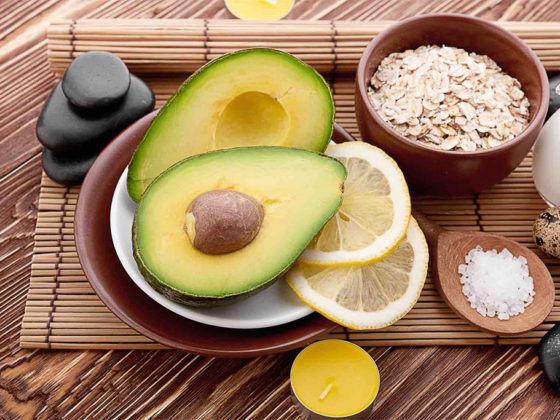We often read about how falling in love results in increased heartbeats, sweaty palms, butterflies in stomachs and wobbly knees. It truly is a joy to your heart and soul. But there’s another organ that is much deeply affected that controls the rest: your brain.
When you’re head over heels in love, it really alters the way you think. Research shows that being in love activates some parts of your brain while switching off others. Though it is not highly dangerous, it is vital to know what goes on in your body in this state of emotional turmoil. They don’t call it lovesick for nothing.
Symptoms:
Often the first symptoms of being love-struck are not being able to eat, sleep or concentrate. These are direct results of too much dopamine and norepinephrine in your system.
Dopamine is responsible for making you alert while increased amount of norepinephrine makes your heart beat faster pumping more oxygen into the brain, simultaneously releasing glucose stored in the body to the blood stream. These reactions in your body makes you want to think and be alert depriving you of sleep and hunger. It also makes you concentrate more on the source of your new-found affection rather than daily activities or other ‘boring’ things you have been doing.
With all the energy and time to think, the brain formulates plans to weave your dreams into a reality. But there’s one fact that you need to take into consideration. Love is indeed blind.
Researchers have found from MRI scans that when in love, the frontal cortex (the area of the brain that is responsible for judgments) shuts down. So, when we are in love with someone, we are less likely to be skeptical or critical of the one we love. This will greatly impact on the plan we make for future.
Addicted!
Face it! Love is an addiction. And you are an Addict. The brain acts the same way with your passionate feelings of love as it does with other addictive drugs. The same system is activated that makes you feel happy to euphoric to craving more and more. Being in love is though, a better and a healthier choice of addiction because of the following benefits:
a. Start to relate and support
When you have someone else to think about, your brain will automatically pick up the change and you will learn to help and support each other. Building trust in a relationship is crucial. And, your brain helps you out with that. A recent study linked people using first singular pronouns (like me, myself and I) to more likely being depressed than those who say “we” and “us”.
b. Get healthier and live longer
Studies report that people in positive, healthy relationships are happier, wiser and have better mental health. This is most likely because of the higher levels of dopamine in their system.
c. Reduce the level of Stress
As simple an act as holding hands with your loved is enough to lower your blood pressure and ease your physical pain. This is partly because when we feel affection for someone, it shuts the part of our brain that controls fear and negative emotions. This means you not only feel happy when you are in love, but you also feel safe around your loved one.



